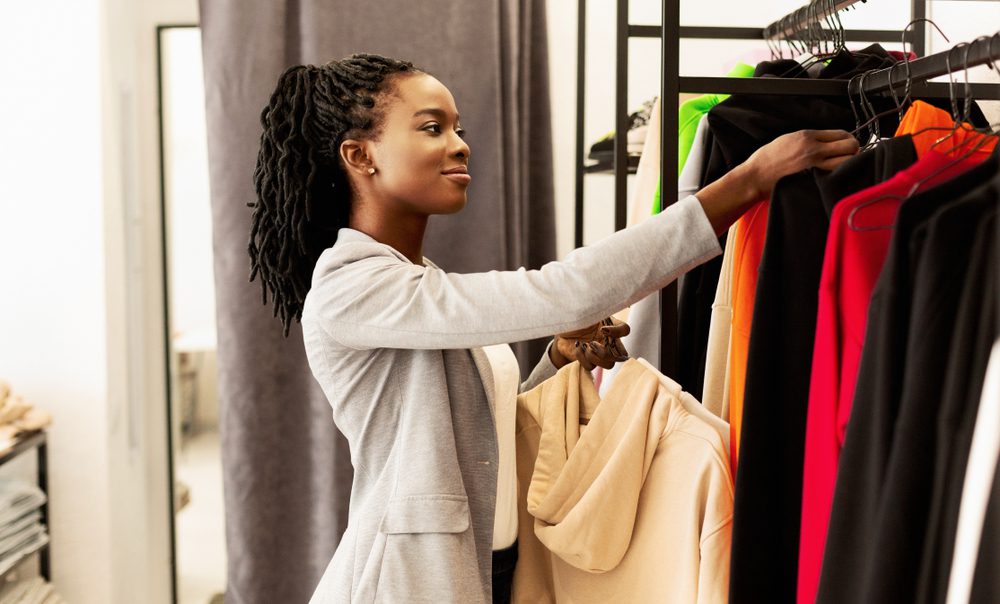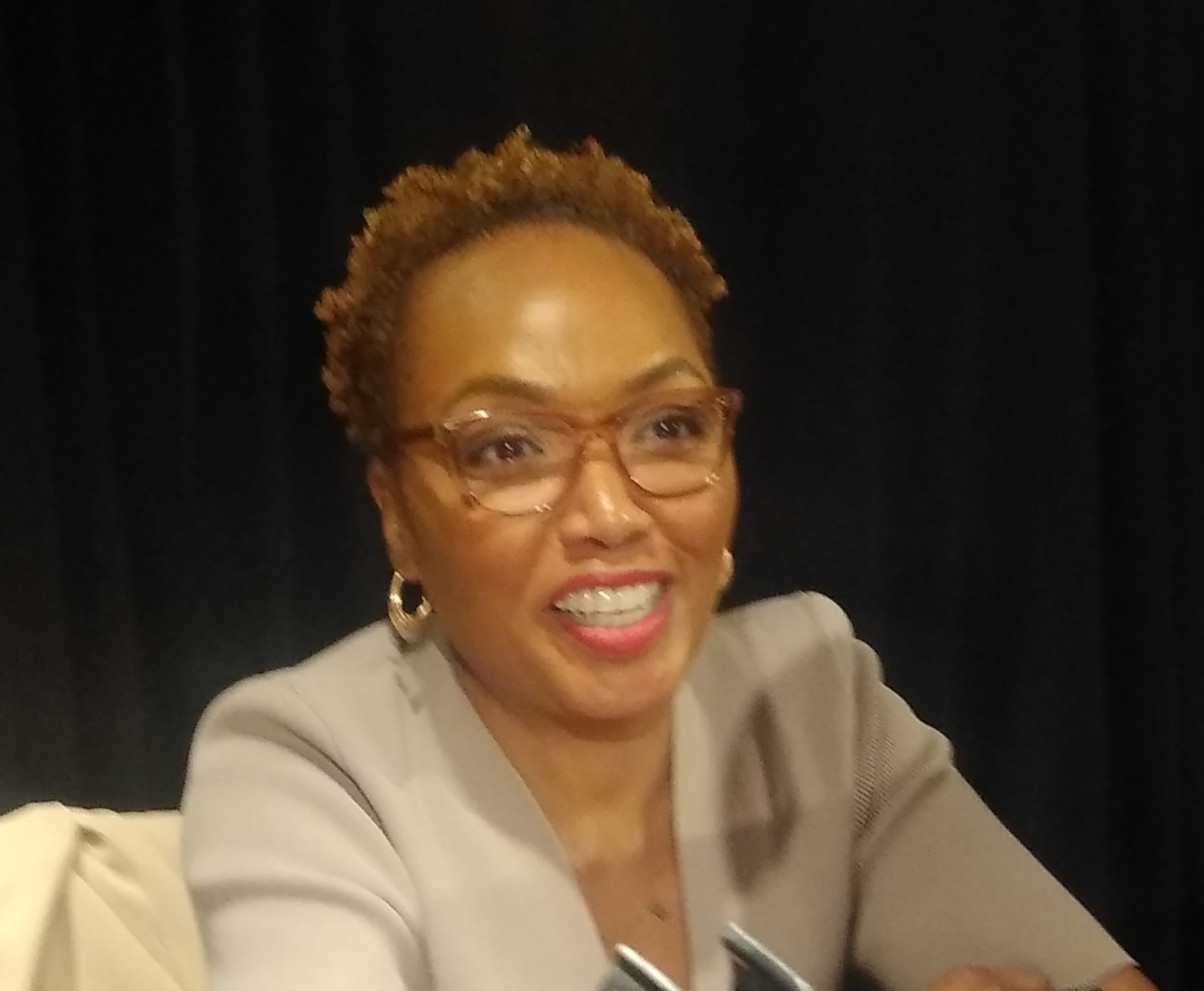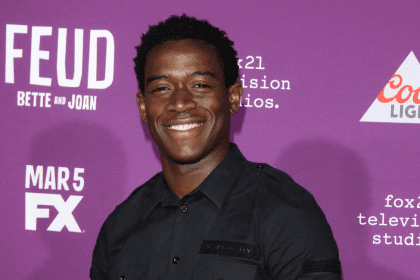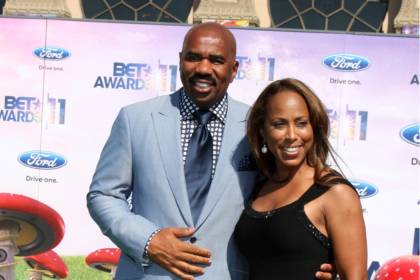In the ever-evolving realm of fashion, the interplay between designer brands and black communities stands at the crossroads of celebration and critique. Navigating the intricacies of this relationship is imperative, offering insights into the triumphs and tribulations experienced within Black communities in the realm of designer fashion. This article endeavors to unravel the multifaceted narrative, shedding light on the dichotomy of winners and losers amid the complex tapestry that intertwines high-end fashion with diverse communities.
From inspirational success stories that empower to the persistent challenges that demand acknowledgment, this exploration delves into the profound impact designer fashion wields on Black communities. By scrutinizing the dynamics at play, we aim to decipher how the fashion landscape shapes — and is shaped by — the experiences of individuals within these communities.
The rise of Black fashion icons
At the forefront of this narrative are the black fashion icons who have not only conquered the runways but have also become influential figures who are breaking barriers in the industry. From Naomi Campbell strutting down international catwalks to the late Virgil Abloh revolutionizing luxury streetwear with Off-White and Louis Vuitton, Black designers and models are claiming their space and transforming the narrative.
However, it’s essential to acknowledge that this success is not uniform across the board. The fashion industry still grapples with issues of diversity and inclusion, with calls for more representation both on and off the runway.
The impact of high-end fashion on Black communities
While the success stories inspire, it’s equally important to address the impact of high-end fashion on everyday lives within Black communities. The lure of luxury brands can create a socioeconomic divide, leaving some individuals feeling excluded or pressured to conform to a certain image of success.
The winners: Empowerment through representation
Representation matters, and the winners in this scenario are the individuals breaking through that glass ceiling. When Black designers and models succeed, it sends a powerful message of empowerment. Communities witness the breaking of stereotypes and the shattering of preconceived notions about who belongs in the world of high fashion. As a result, young talents are inspired to dream big and pursue their passions, knowing that the industry is becoming more inclusive.
The losers: The struggle for authentic inclusion
Despite strides towards diversity, the fashion industry still faces criticism for tokenism and performative inclusivity. True inclusion requires more than just featuring a diverse cast on the runway or in marketing campaigns. It involves dismantling systemic barriers, providing equal opportunities and fostering an environment where everyone feels valued and represented.
Addressing the disparities
To bridge the gaps and create a more equitable future, both the fashion industry and consumers play pivotal roles. Brands must commit to genuine diversity and inclusion efforts, not just as a trend but as a core value. This involves fostering diverse talent behind the scenes — from designers to executives — and ensuring that diverse voices are heard and respected.
On the consumer side, supporting Black-owned businesses and brands that prioritize diversity can be a powerful way to contribute to positive change. Conscious consumer choices can influence the industry’s direction and encourage brands to prioritize authentic inclusion over surface-level representation.
The spotlight on Black fashion icons basking in global acclaim is undoubtedly a cause for celebration, yet the underlying call for systemic changes resonates profoundly. To transcend isolated victories, the fashion industry must ardently champion true diversity and representation.
This story was created using AI technology.















